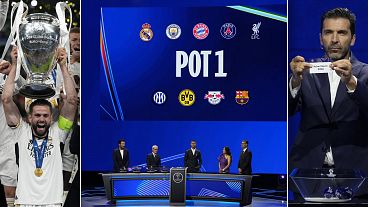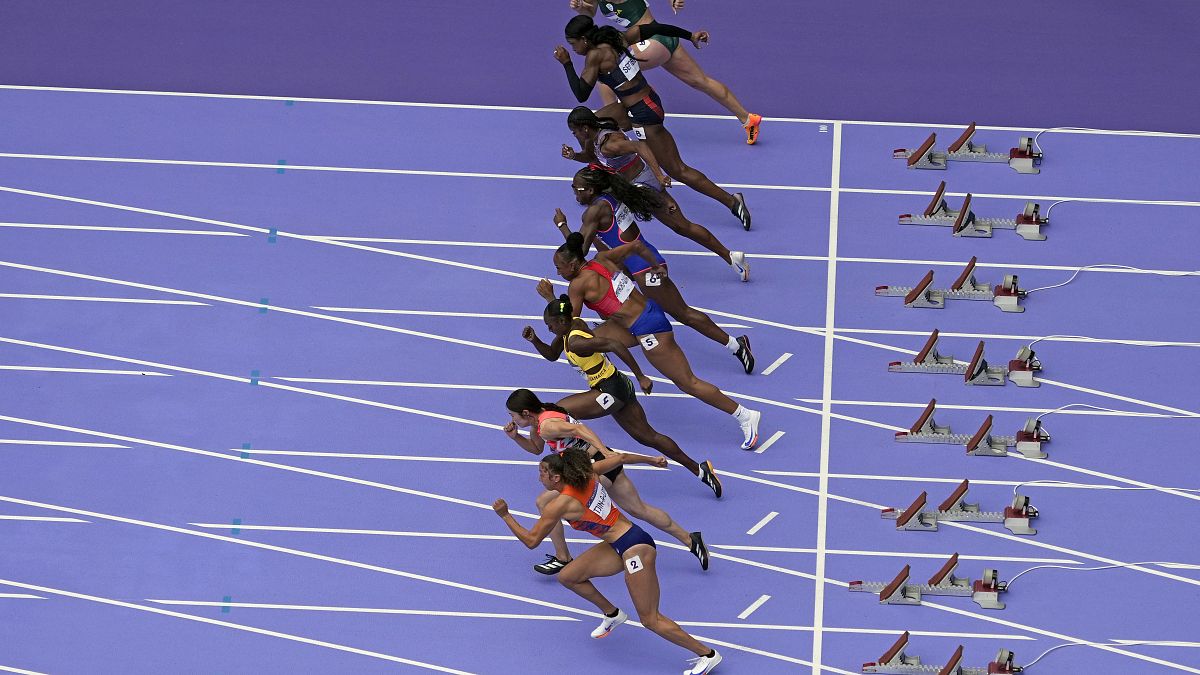Male Olympic events continue to be scheduled during peak viewing times — but the gender gap is nearly closed.
After three weeks of Olympic competitions, the Paris 2024 schedule shows that more than 52% of the male sporting events were scheduled between 8 pm and 9 pm.
This means a gender-balanced timetable was almost reached — with one day away from reaching the goal.
However, the days around the opening and closing ceremonies had more male Olympic events than female ones.
Having an event shown during prime time can mean greater publicity and associated sponsorship for athletes, as the International Olympic Committee (IOC) does not provide monetary compensation to Olympians — not even to gold medalists.
According to the IOC, since PyeongChang 2018, "significant changes have been implemented to make the schedule gender-balanced".
The IOC also provides coverage and airtime guidelines to ensure women’s teams and female athletes are not an "opening act" or playing during "off hours".
Is social media a new source of Olympic income?
There were 10,500 athletes in the 2024 Olympics, but their financial reward remains minimal.
Some Olympic athletes had to work multiple jobs or rely on food stamps while training.
To turn the odds around, Olympians are using social media, hoping to create a new source of income and build their brands with their behind-the-scenes videos.
German sprinter Alica Ѕchmidt gained traction during the Tokyo 2020 Olympics.
She now has more than five million followers and has secured partnerships with brands like Puma and Hugo Boss.
Despite some EU countries, like France, having increased the Olympic rewards, this new financial model can also evolve for the future Olympians as a way to adequately support both on and off the field.












